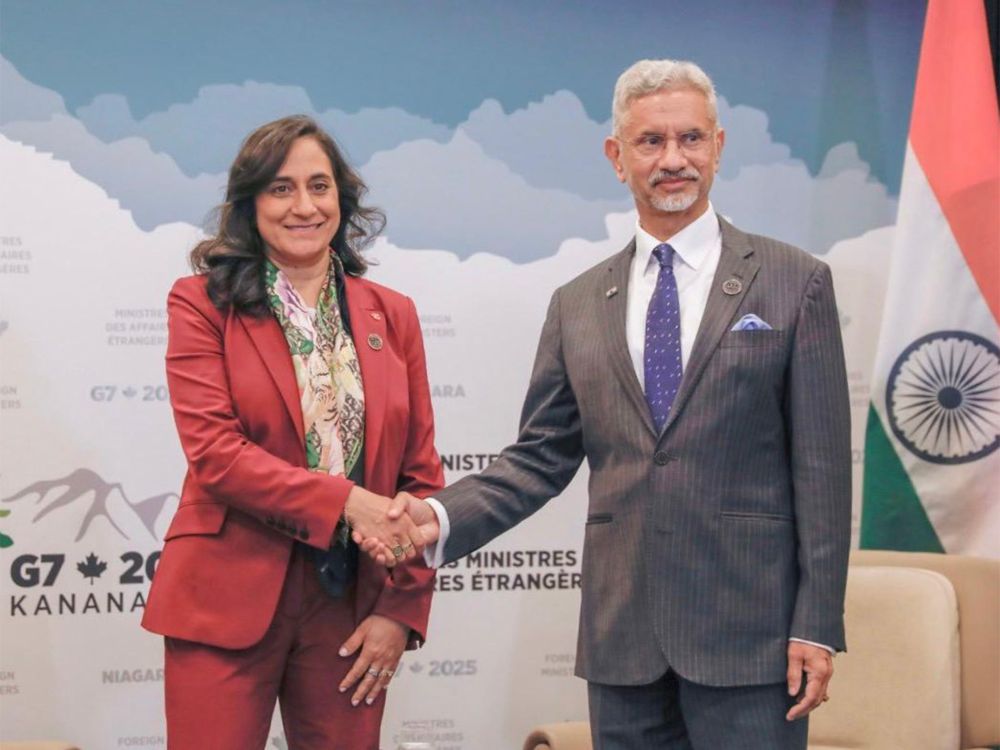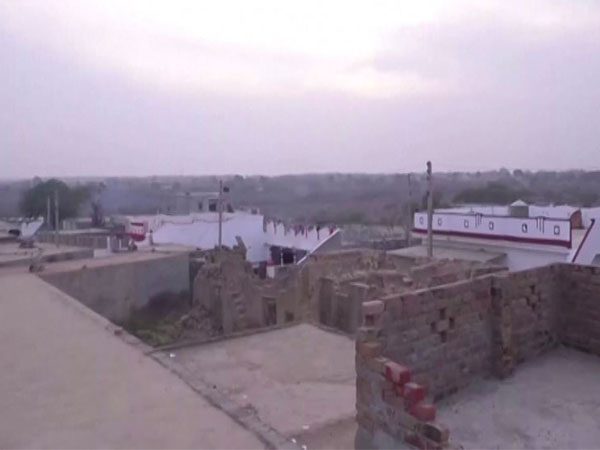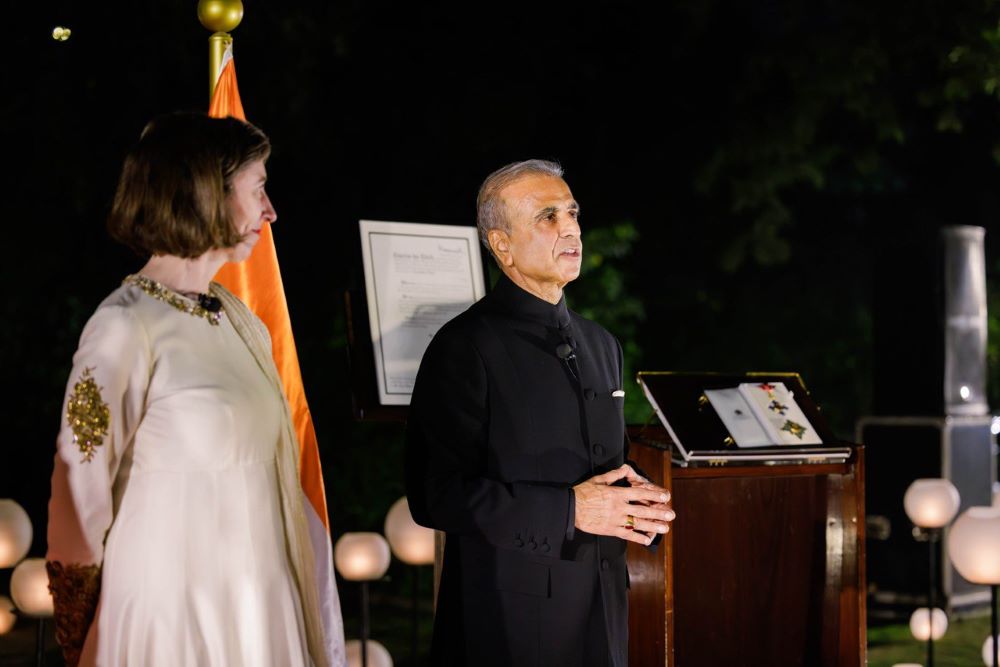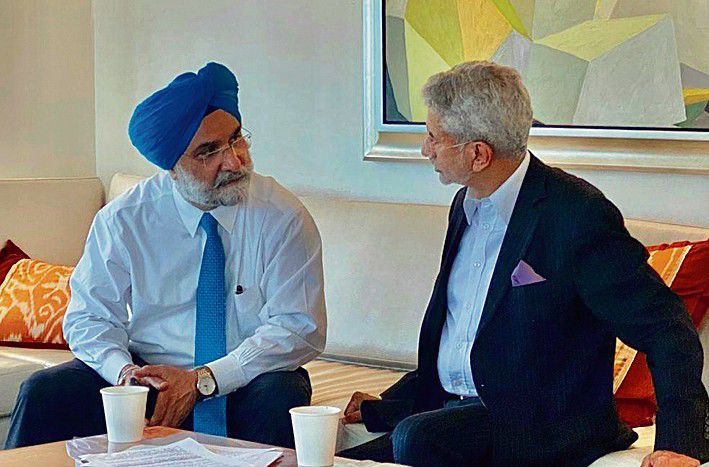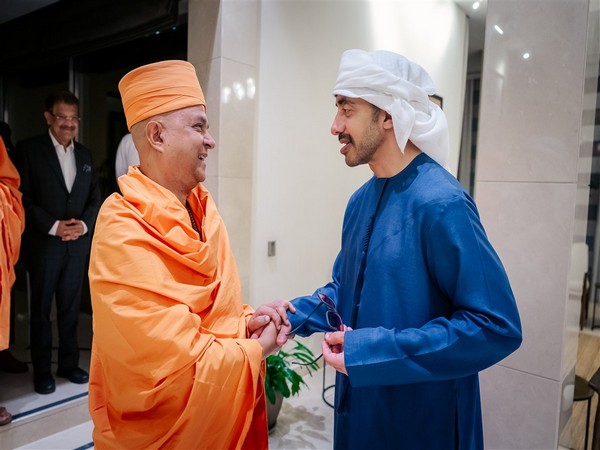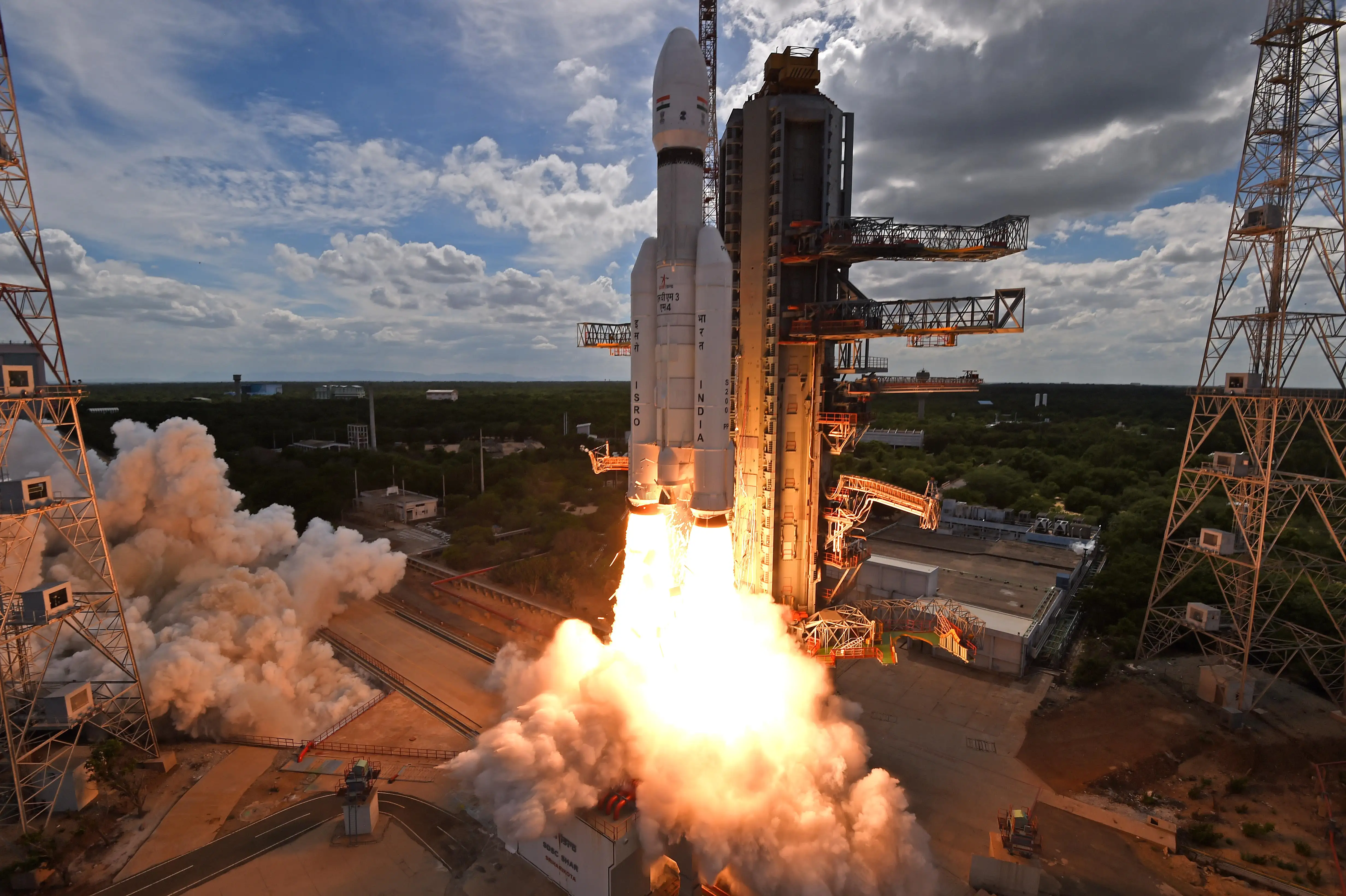Our Bureau
New Delhi
In a move that has angered China, a team of Indian mountaineers has successfully scaled an unnamed peak in Arunachal Pradesh and named it “Tsangyang Gyatso Peak” after the 6th Dalai Lama. The 15-member expedition, led by Col Ranveer Singh Jamwal from the National Institute of Mountaineering and Adventure Sports (NIMAS), faced treacherous conditions including sheer ice walls and treacherous crevasses to conquer the 20,942-foot peak in the Gorichen range.
China, which claims Arunachal Pradesh as its own territory and calls it “Zangnan”, has strongly condemned the move, calling it “illegal” and “null and void”. In a media briefing, Chinese Foreign Ministry spokesperson Lin Jian reiterated Beijing’s stance that “the area of Zangnan is Chinese territory” and that it is “illegal” for India to establish the state of Arunachal Pradesh there.
India has firmly rejected China’s claims, maintaining that Arunachal Pradesh is an integral part of the country. Assigning “invented” names does not change this reality, the government has asserted. NIMAS, which functions under the Ministry of Defence, stated that naming the peak after the 6th Dalai Lama is a tribute to his “timeless wisdom and profound contributions” to the local Monpa community and beyond.
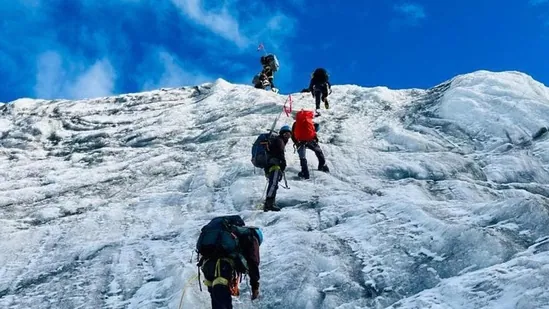
China’s displeasure is likely compounded by the fact that the 6th Dalai Lama, Tsangyang Gyatso, was born in 1682 in the Mon Tawang area of present-day Arunachal Pradesh. The Dalai Lama institution serves as a reminder of Tibet’s past as an independent entity before it was annexed by China. Beijing has sought to downplay the significance of this institution. This is not the first time China has reacted angrily to India’s actions in Arunachal Pradesh.
Since 2017, China has been renaming places in the state to bolster its territorial claims. India has consistently maintained that such “invented” names do not alter the reality that Arunachal Pradesh is an integral part of the country.
As tensions simmer between the two Asian giants over the border issue, the naming of this previously unnamed peak in Arunachal Pradesh after the revered 6th Dalai Lama is likely to further strain relations between India and China. The move underscores the deep historical and cultural ties between Arunachal Pradesh and Tibet controlled by China.

















